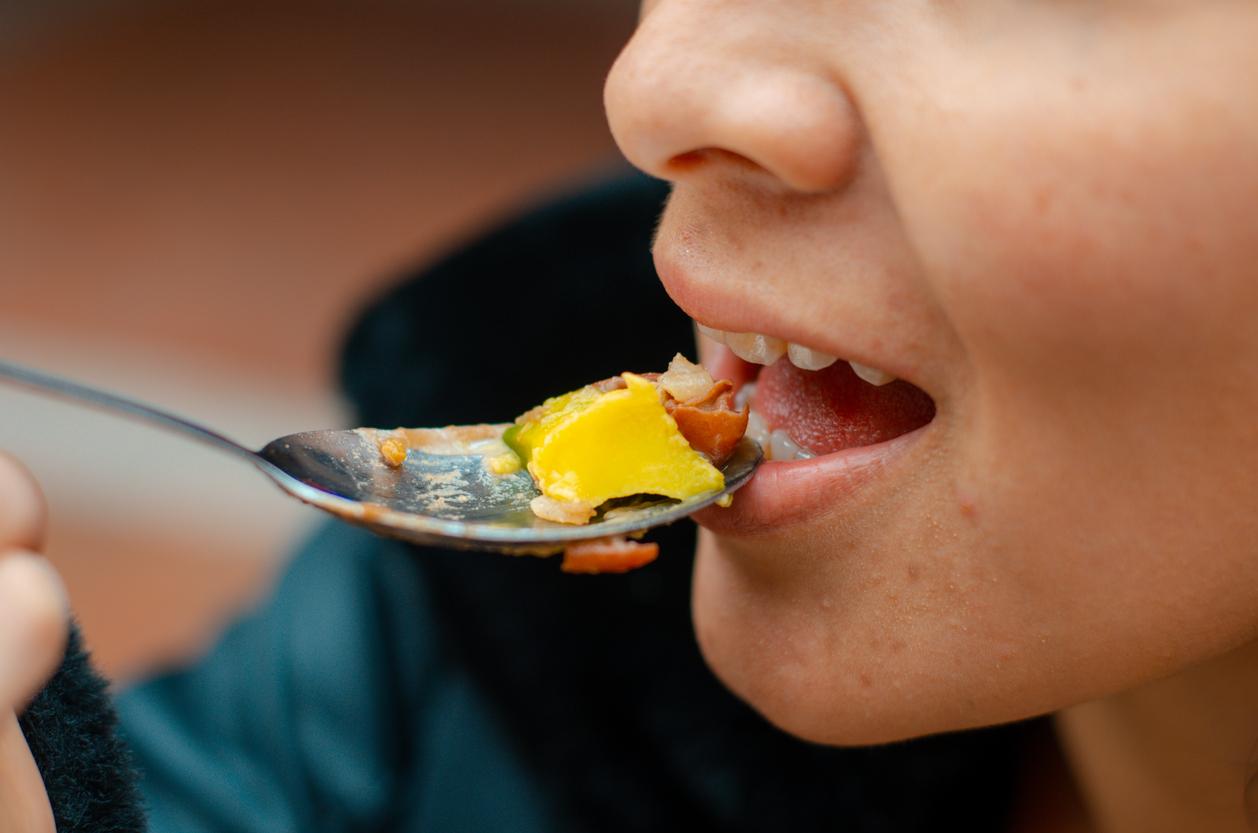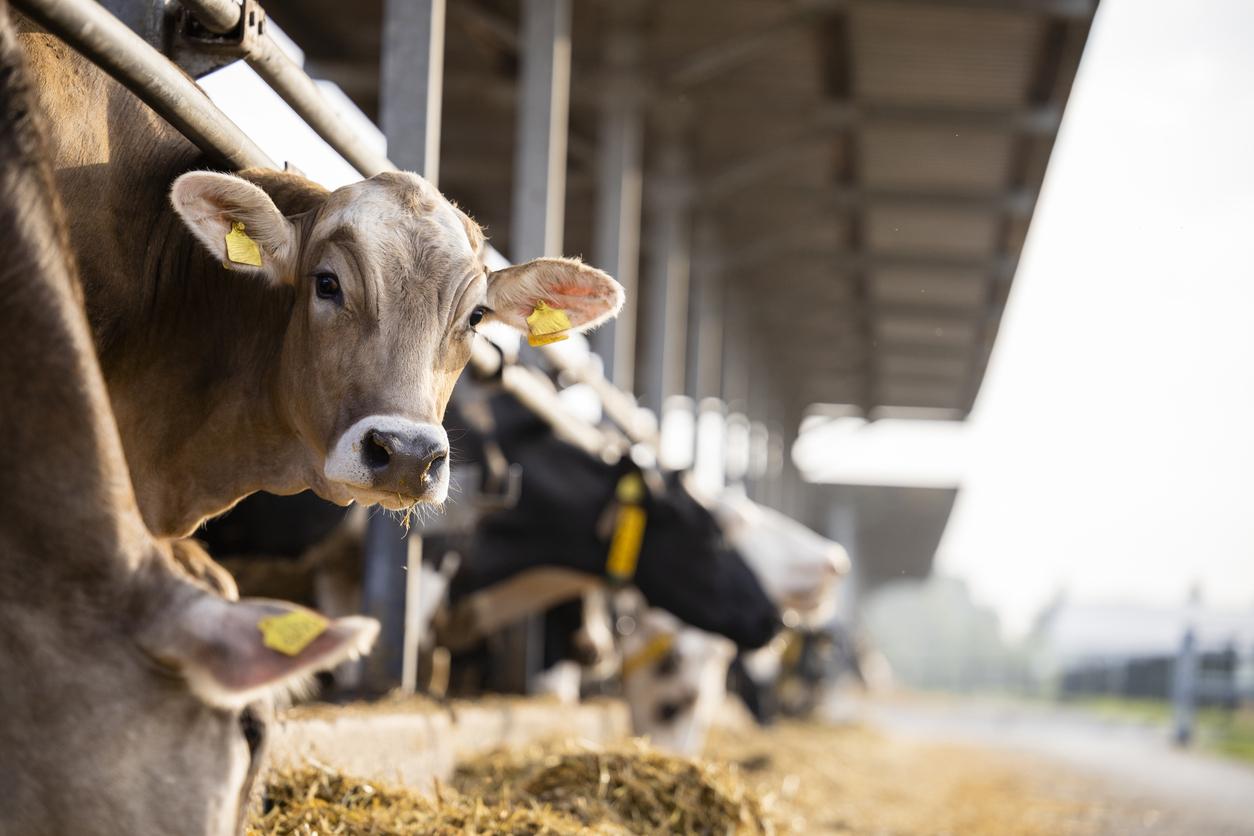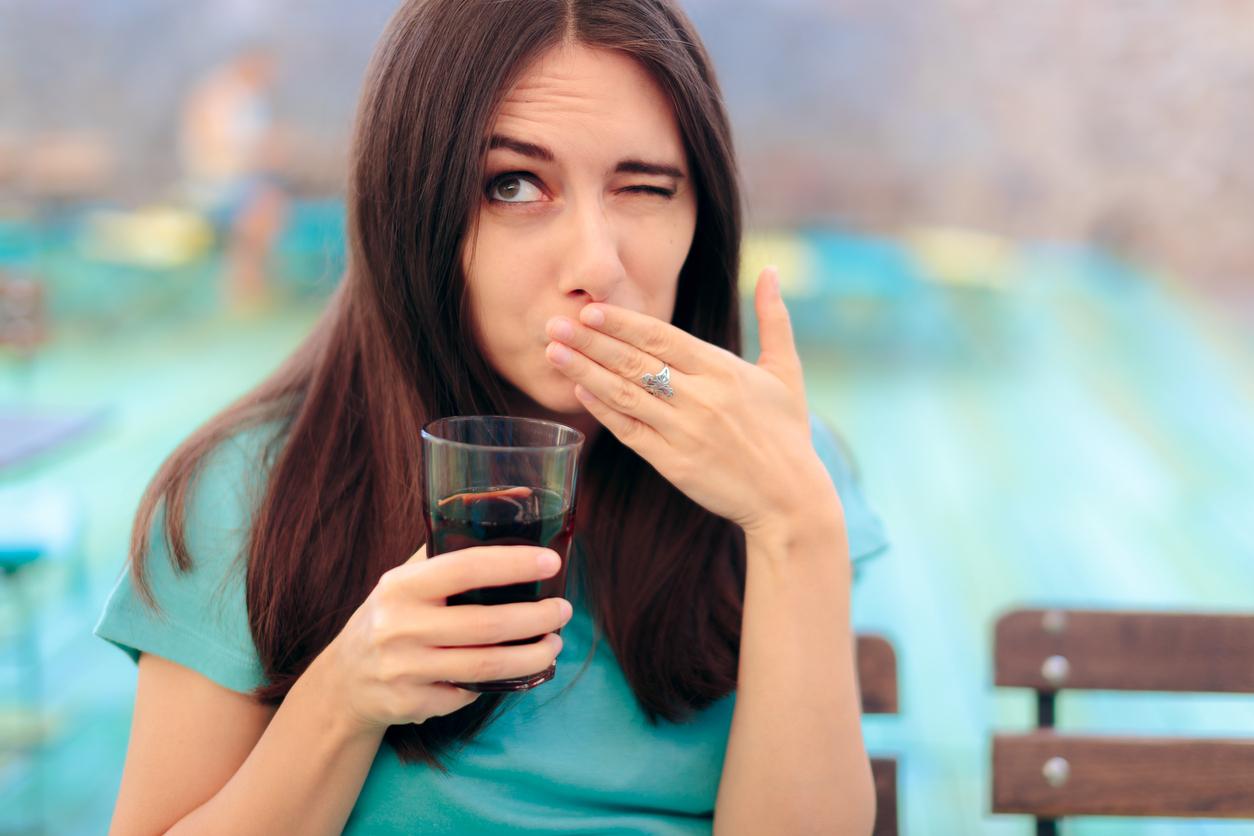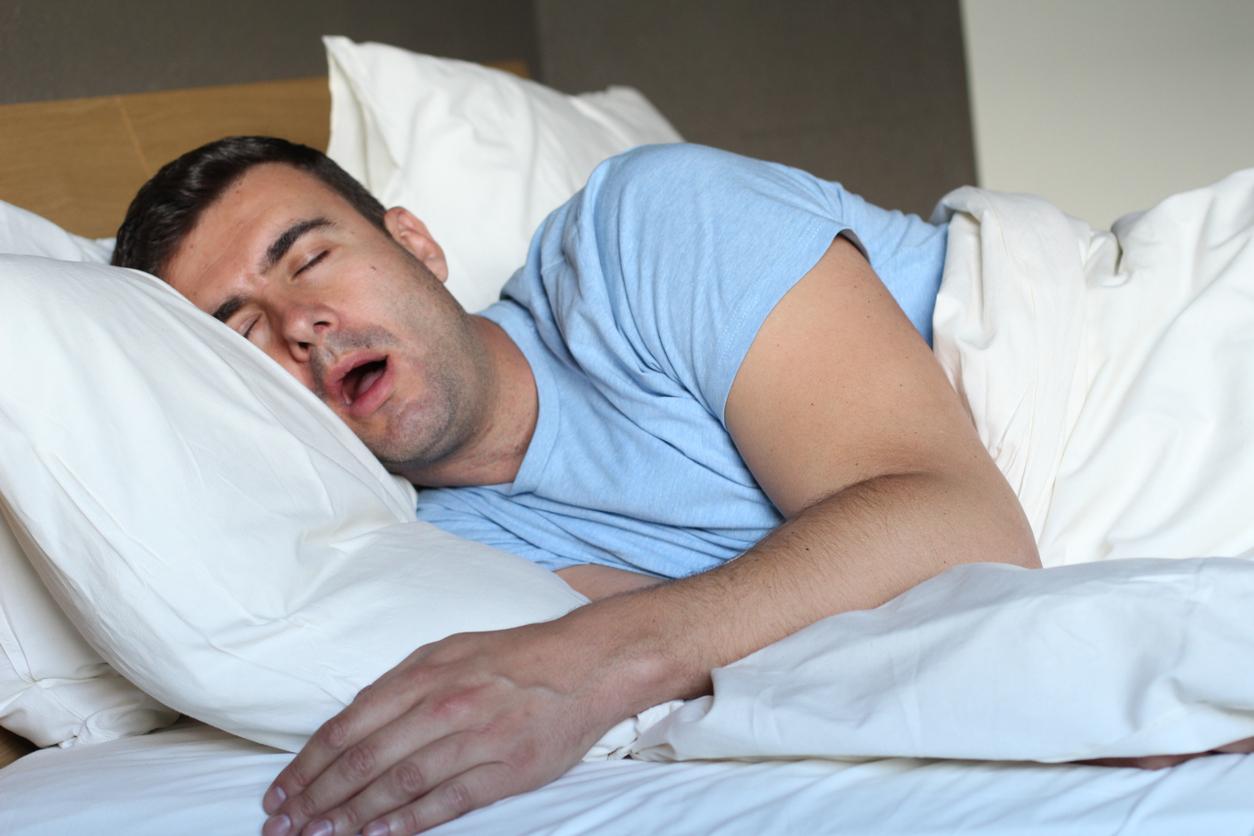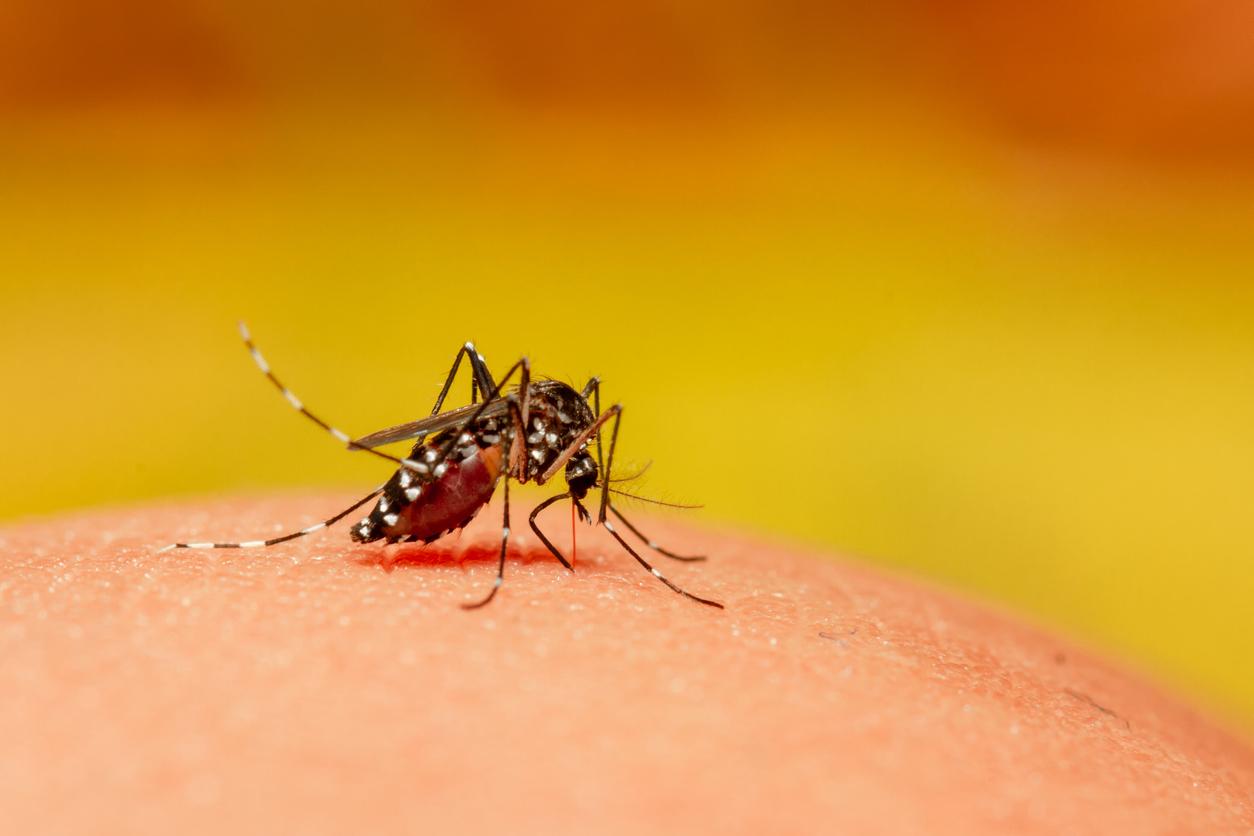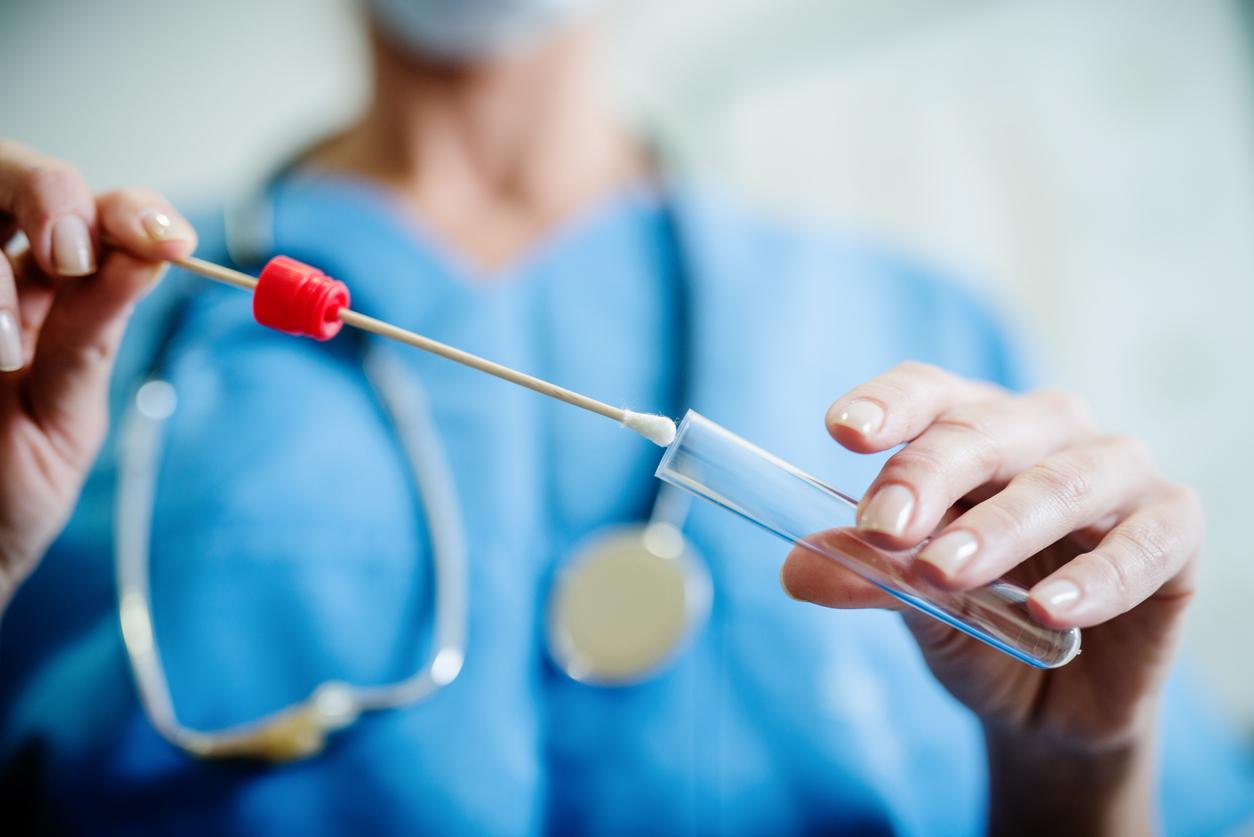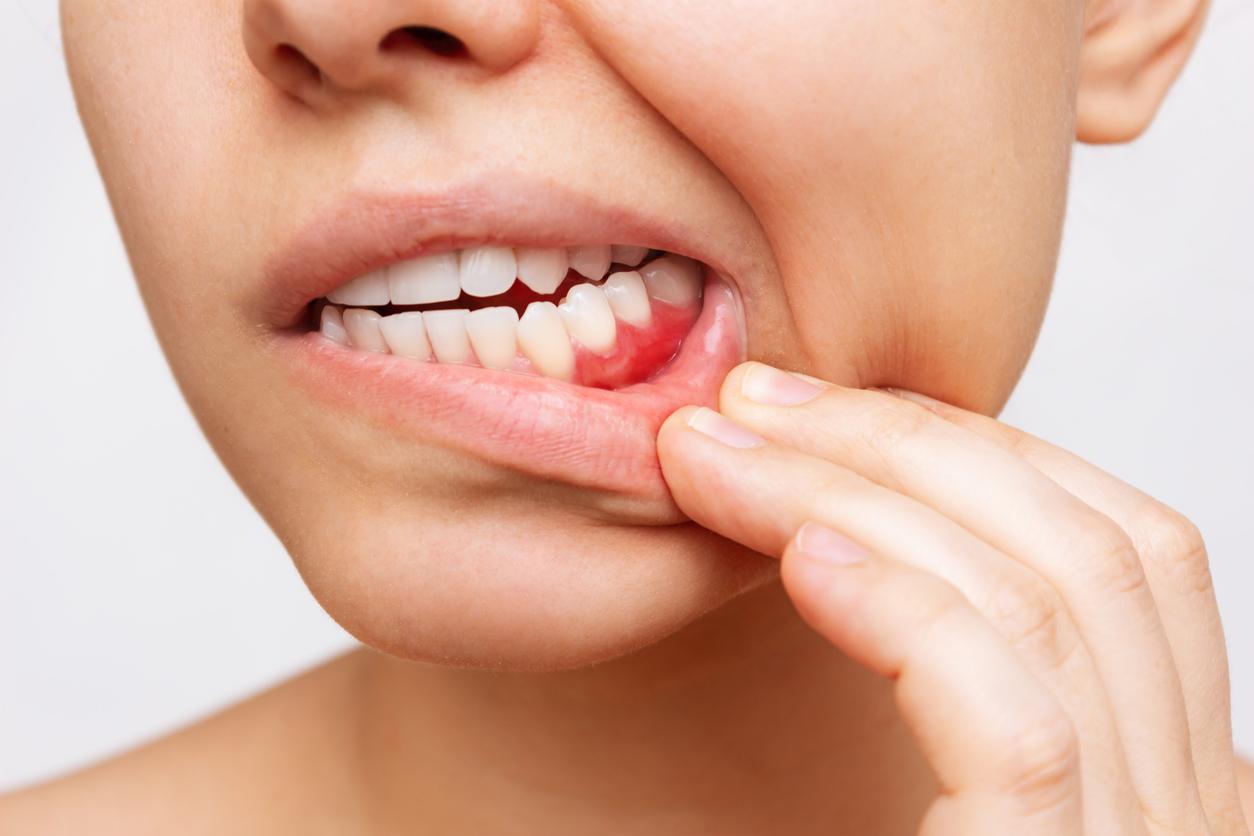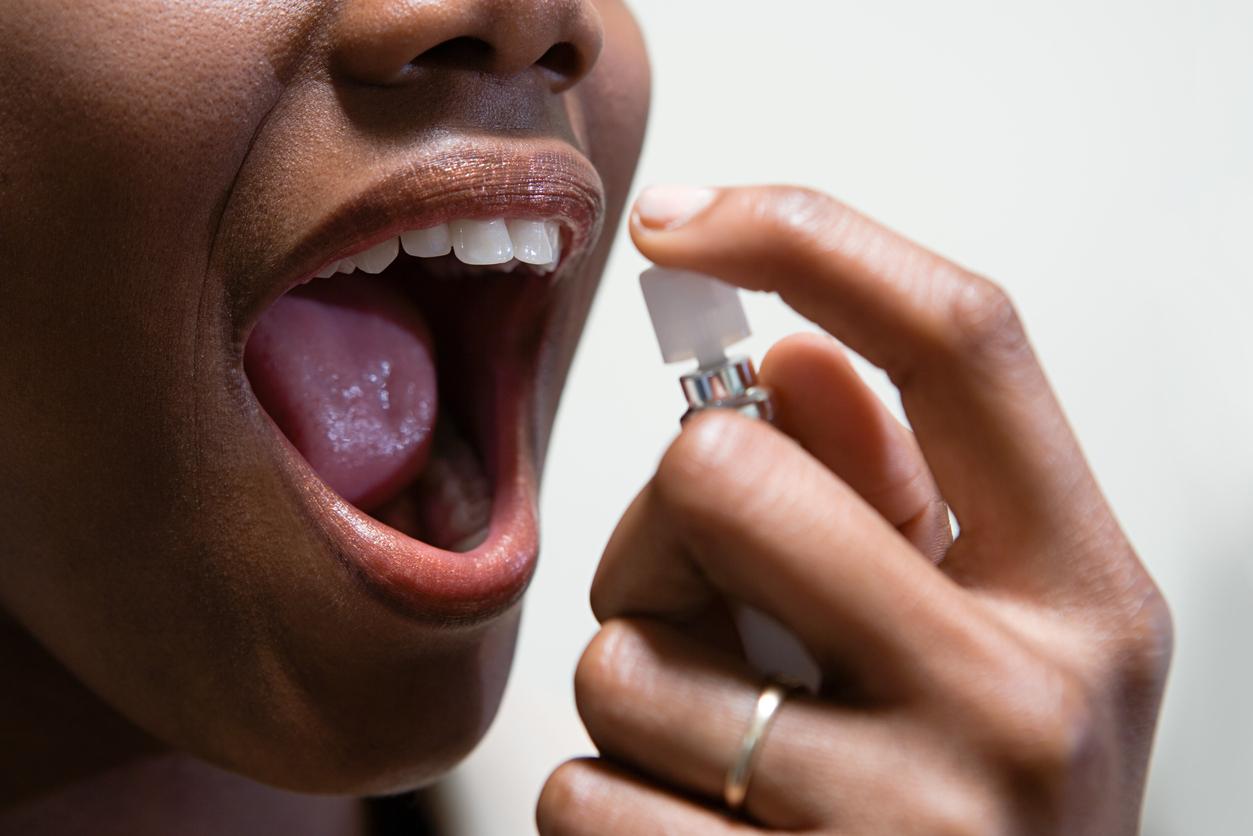Chewing sugarless gum for 10 minutes can cleanse the mouth of 100 million bacteria, according to a Dutch study. Chewing longer, however, loses this benefit.
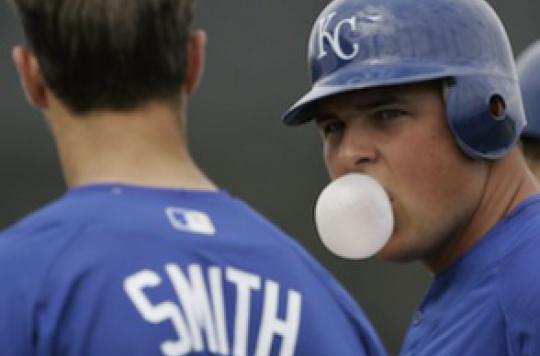
Chewing gum after an operation would be good for the gut, but that’s not all. Chewing gums would indeed have other advantages. According to a study published in the journal Plos One, they would be a precious ally in the fight against bacteria. It should be noted that this study was designed and funded by chewing gum manufacturers.
10% of the microbial load captured
In this work, carried out at the University of Groningen (The Netherlands), researchers asked five participants aged 27 to 56 (1 man and 4 women) to chew two types of mint chewing gum over periods of time. ranging from 30 seconds to just over 10 minutes. They then observed the bacteria in the chewing gum using a microscopy technique called “ scanning electron microscopy. “
And according to the results reported by these scientists, a chewing gum chewed for 10 minutes would have the capacity to capture up to 100 million bacteria, “ i.e. 10% of the salivary microbial load “. Most come from teeth, saliva or other microbial media.
Do not chew for too long
Important clarification from the Dutch team, only chewing gum without sugar would have the quality of capturing bacteria, “ because sugar has the defect of nourishing bacteria and thus making them proliferate “, they found. They also add that if you chew your gum for too long, beyond 10 minutes, it no longer retains the bacteria which then return to the mouth. These conclusions, although the result of a study funded by the chewing gum industry, are in line with the recommendations of French dental hygiene experts.
French dentists recommend chewing gum
In its latest recommendations, theFrench Union for Oral Health (UFSBD) had indeed lowered its standards. The 3e brushing of the day was abandoned. The association now recommends chewing gum (without sugar) instead after the midday meal. And for these dentists, the reason is above all technical: “ The majority of French people stay at their workplace for lunch and very few of them bring their toothbrush to the office. “ These dentists pointed out, however, that “ chewing generates saliva more loaded with bicarbonates, therefore more able to fight against acid attacks from food and in particular from sodas, which helps protect the enamel. “
The UFSBD nevertheless concluded that brushing teeth remains the only effective way to fight against cavities.
salivary microbial load
.








